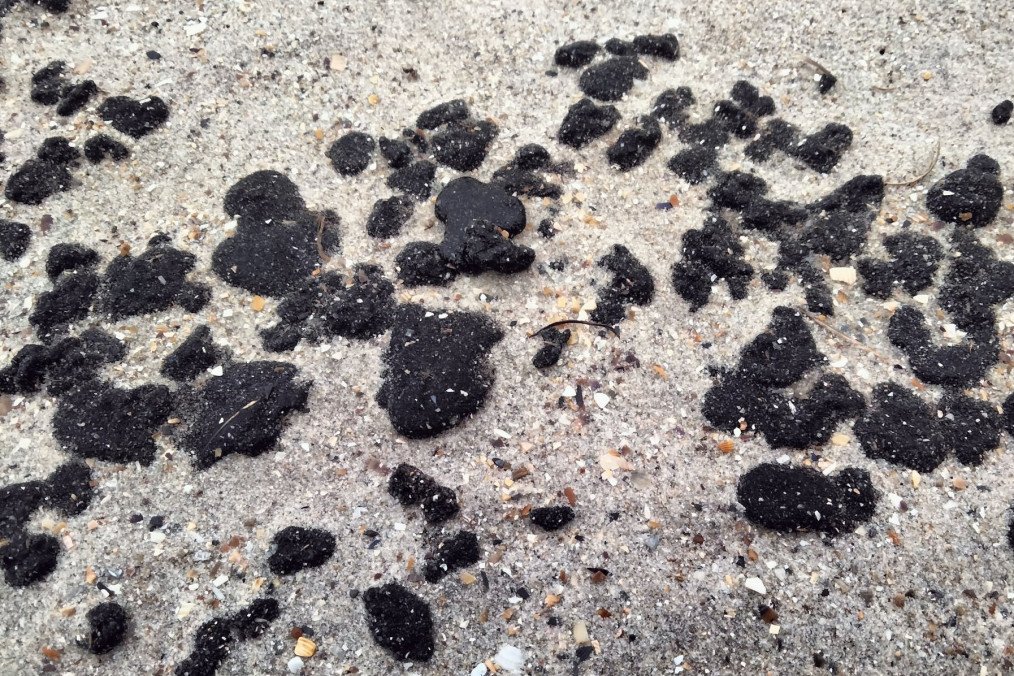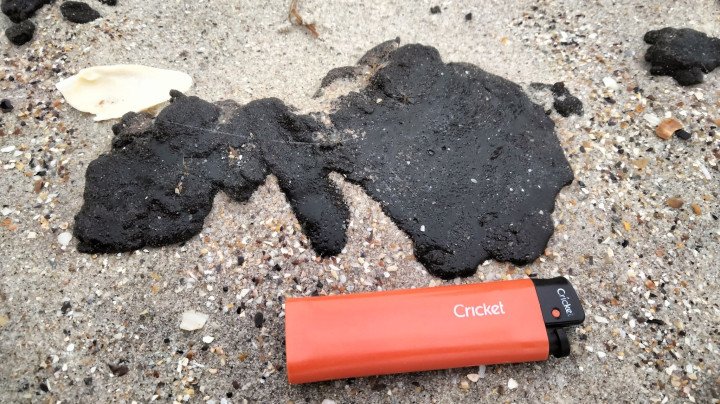- Category
- Latest news
Fuel Oil Spill From Russian Tankers Collision in Kerch Strait Reaches Odesa Shores

Fuel oil from a spill caused by a collision between Russian tankers in the Kerch Strait washed ashore onto the sandy barrier in the ‘Katryanka’ recreational area near the Danube Biosphere Reserve and the Tuzly Lagoons National Nature Park in Odesa, Ukraine.
Ivan Rusev, a Doctor of Biological Sciences and head of the research department at Tuzly Lagoons National Nature Park, reported the incident on January 24.
"In light of the extensive negative impacts on the Black Sea, including the deaths of tens of thousands of dolphins during Russia's full-scale invasion, and the disaster caused by the destruction of the Kakhovka Dam, this ecological catastrophe will be yet another significant and severe blow to the ongoing destruction of life in the Black Sea," Rusev said.
He added that the national park team is currently conducting surveys of various sections of the sand barrier to determine the extent of the contamination.

On December 15, a storm in the Kerch Strait caused a collision between two Russian oil tankers, the Volgoneft-212 and Volgoneft-239, resulting in an estimated 4,000 tons of fuel oil spilling into the Black Sea.
The spill has triggered a widespread ecological disaster, impacting areas from Crimea to the shores of Georgia, with the Krasnodar region coastline reportedly suffering the most severe effects.
Volunteers and locals have criticized the slow government response to the ongoing oil spill from Russian tankers, which continues to affect wildlife. Endangered birds, like cormorants and red-throated divers, suffer from oil poisoning, while marine life, including dolphins and the Black Sea porpoise, face high mortality rates.
The spill has also devastated benthic organisms, disrupting the food chain. Experts warn that recovery from the ecological damage could take 10-15 years, with long-term risks to the region's ecosystem.








